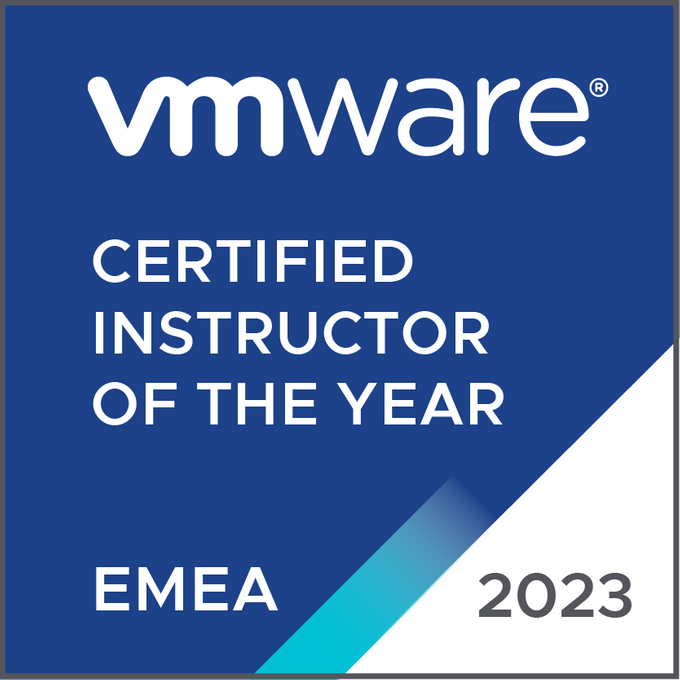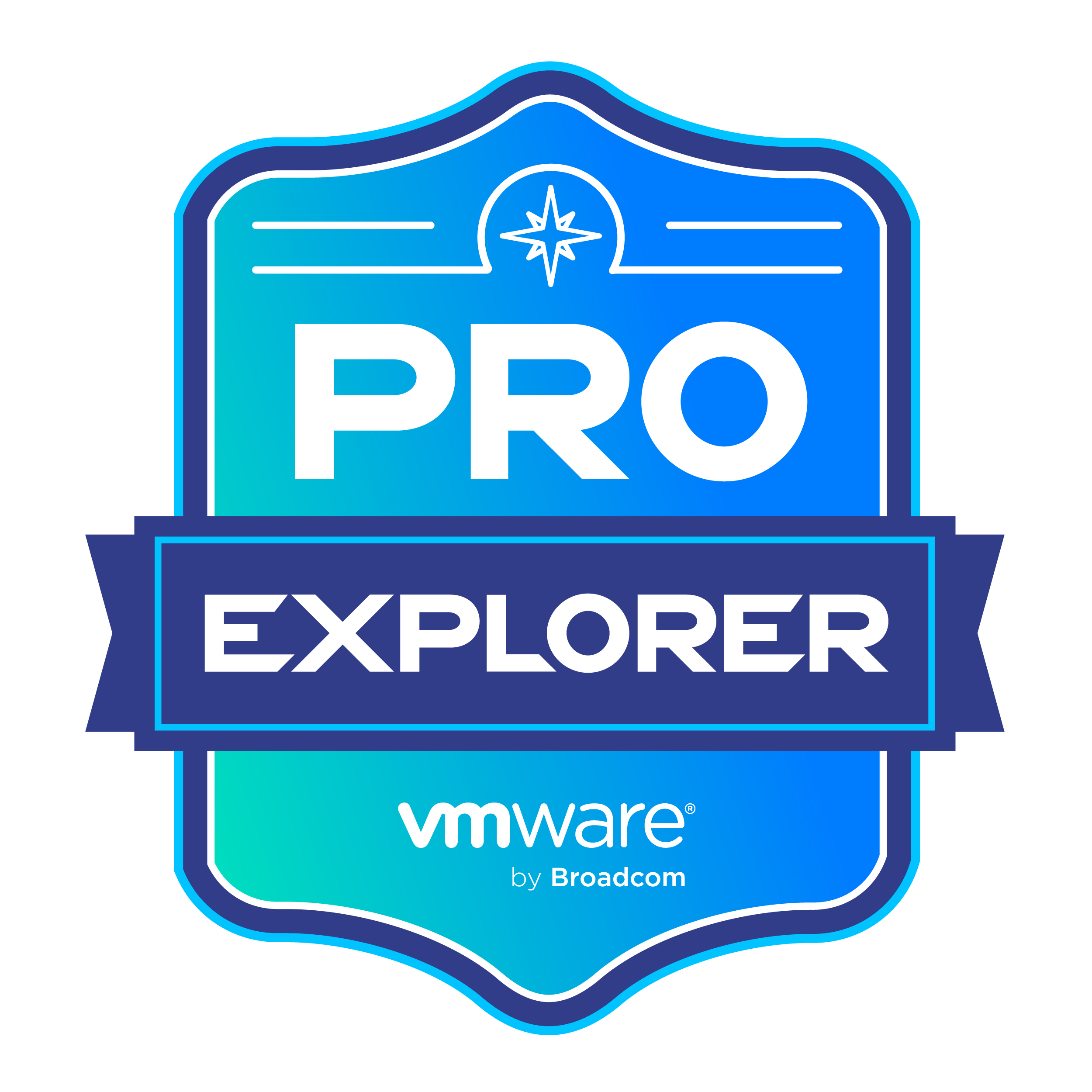VMware Cloud Foundation (VCF) Automation offers a robust framework to streamline infrastructure-as-a-service (IaaS) delivery through a self-service catalog. This adoption path is designed to guide organizations in building modern private cloud environments that integrate traditional and modern workloads with enhanced automation capabilities.
The journey begins with vSphere Supervisor, a powerful tool that enables seamless workload management by integrating core services like Kubernetes, VM, and network management. By configuring vSphere Namespaces, users can establish governance, workload isolation, and optimized resource allocation for both developers and administrators.
Key services include:
- VM Service: Deploy and manage virtual machines using declarative configurations.
- Kubernetes Integration: Simplify Kubernetes cluster deployments and management.
- Data Services Manager (DSM): Offer self-service access to deploy and manage databases for application teams.
VCF Automation enhances IaaS delivery by creating scalable and adaptable automation layers:
- Cloud Abstraction Layer: Separate storage, networking, and compute for multi-cloud agility.
- Infrastructure as Code (IaC): Develop reusable automation templates in YAML, integrated with version control systems like GitHub.
- Cloud Consumption Interface (CCI): Enable application teams to deploy services efficiently through customizable templates and cloud-init scripts.
Organizations can implement robust governance policies to ensure compliance and proper resource placement. The self-service catalog empowers users to deploy infrastructure resources such as Kubernetes and databases via API or user interface. Additionally, the VCF Orchestrator enables complex workflow automation, supporting various programming languages to automate extensive data center operations.



